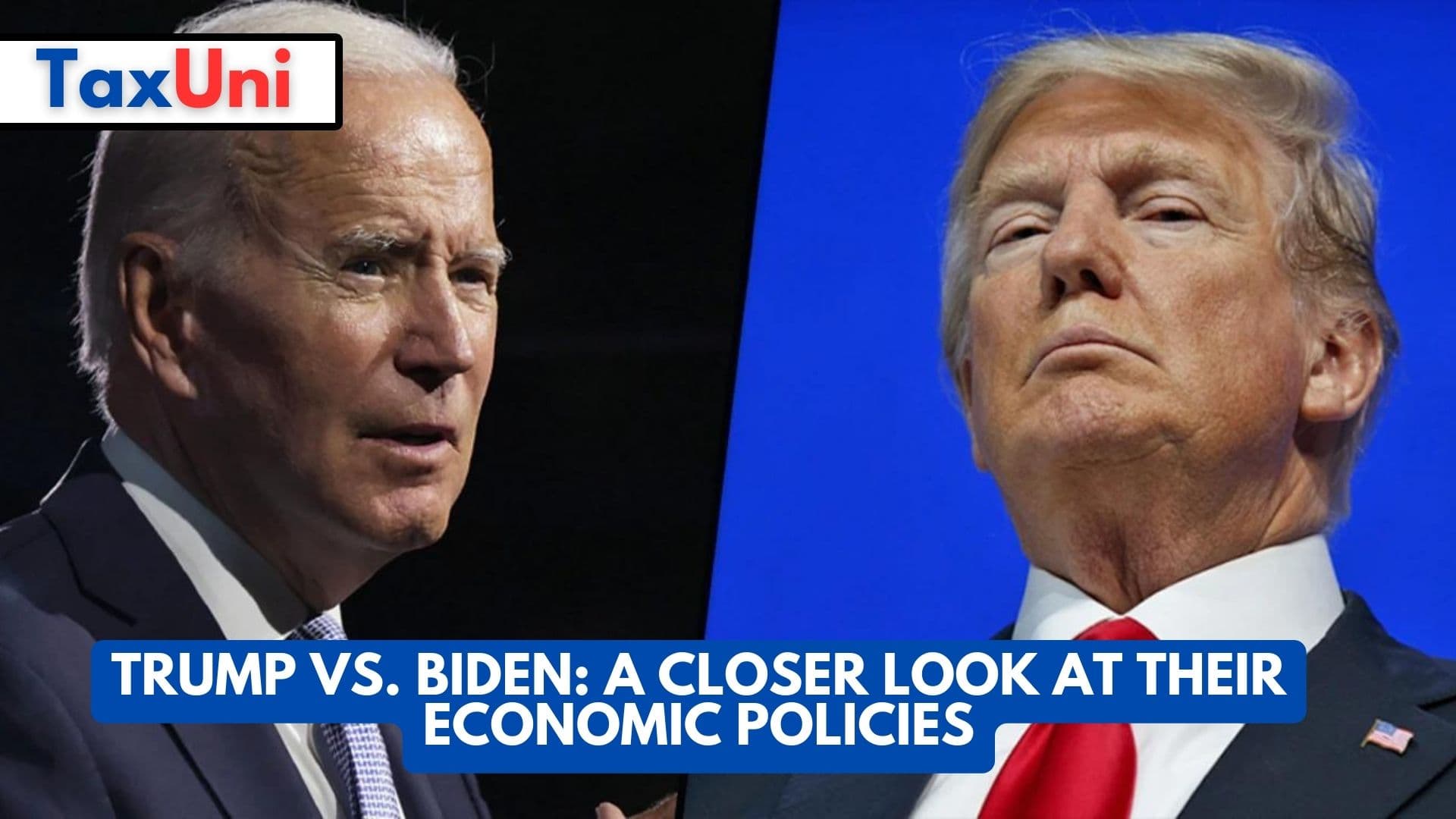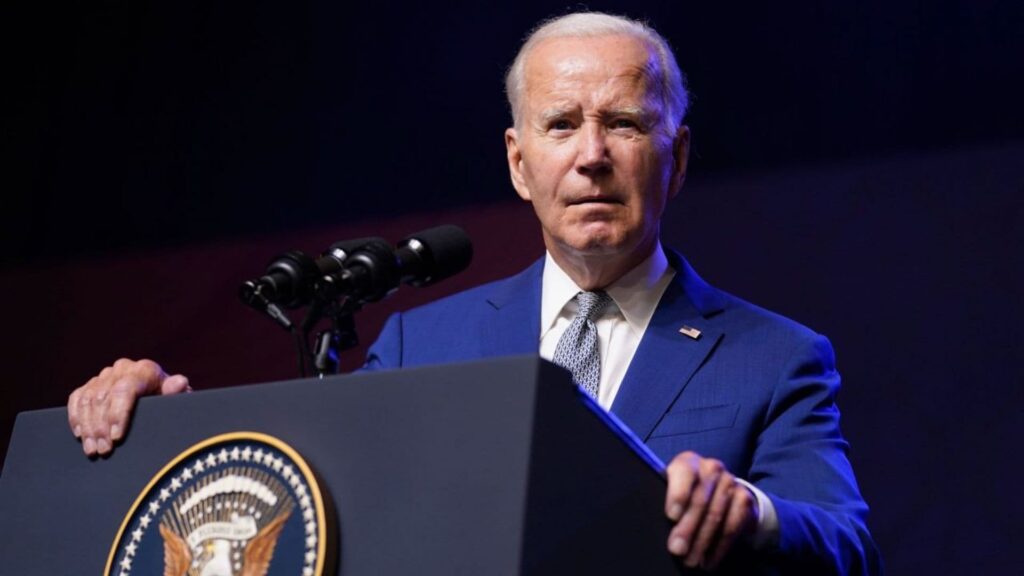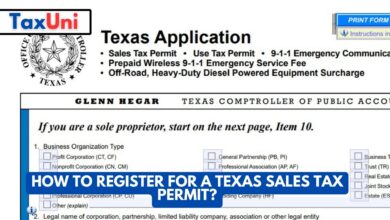Trump vs. Biden: A Closer Look at Their Economic Policies
While a Trump-Biden rematch is the conventional wisdom, many voters have an unfavorable view of both candidates' economic policies. Moreover, their favorability ratings aren’t exactly encouraging either.

The White House is making a concerted effort to promote Biden’s economic agenda. Officials have seen data suggesting that voters can be moved by a consistent, repetitive message that contrasts with GOP proposals to roll back some of the administration’s accomplishments. As part of that effort, Biden and other Cabinet members will fan out across the country to tout the benefits of a major piece of legislation they passed last year. The Inflation Reduction Act offers tax breaks and other inducements aimed at bringing the manufacturing of semiconductors, electric vehicle components, and other key industries back to the United States.
Biden has gone a step further than Trump by pursuing what economists call industrial policy, which involves an active government role in directing certain sectors of the economy. He’s signed several bills – including the bipartisan infrastructure law and the Inflation Reduction Act – that provide billions in subsidies, incentives, and other inducements for domestic manufacturing.
That’s in stark contrast with the trickle-down approach favored by Republicans, which relies on tax cuts for large corporations and wealthy individuals. It’s an approach that has added trillions to deficits, never trickled down to working people, and continues to send jobs and profits overseas. In contrast, Biden’s approach focuses on strengthening the middle class by providing a more equal share of tax reductions.

Has Biden’s Economic Plan Worked?
Biden’s aides say he has focused on “Bidenomics” to make the economy work for middle-class Americans, and they point to an increase in manufacturing jobs, a lower unemployment rate, higher average wage levels, and lower inflation. They also say the number of Americans working or looking for a job has hit a record high. And they highlight new rules that prevent employers from imposing non-compete agreements and limit what they call “junk fees” on Medicare prescription drugs.
But critics of the economic agenda he has pursued warn that the improved numbers mask other problems that hurt many Americans. Inflation, for instance, is still higher than it was before the pandemic. And according to economist Mark Zandi, disposable income for middle-class households has not kept pace with inflation.
Moreover, some middle-class voters who supported Biden in 2016 are not happy with the economy and still dislike Trump. They may be hesitant to give him another four years. Biden’s challenge is convincing them that he can set the economy on a growth path without plunging it into recession. He has vowed to continue to pursue policies that build resilience and adaptability rather than economic rigidity. And he plans to tackle issues such as the Jones Act, which makes it more expensive for companies to ship goods to Puerto Rico.





